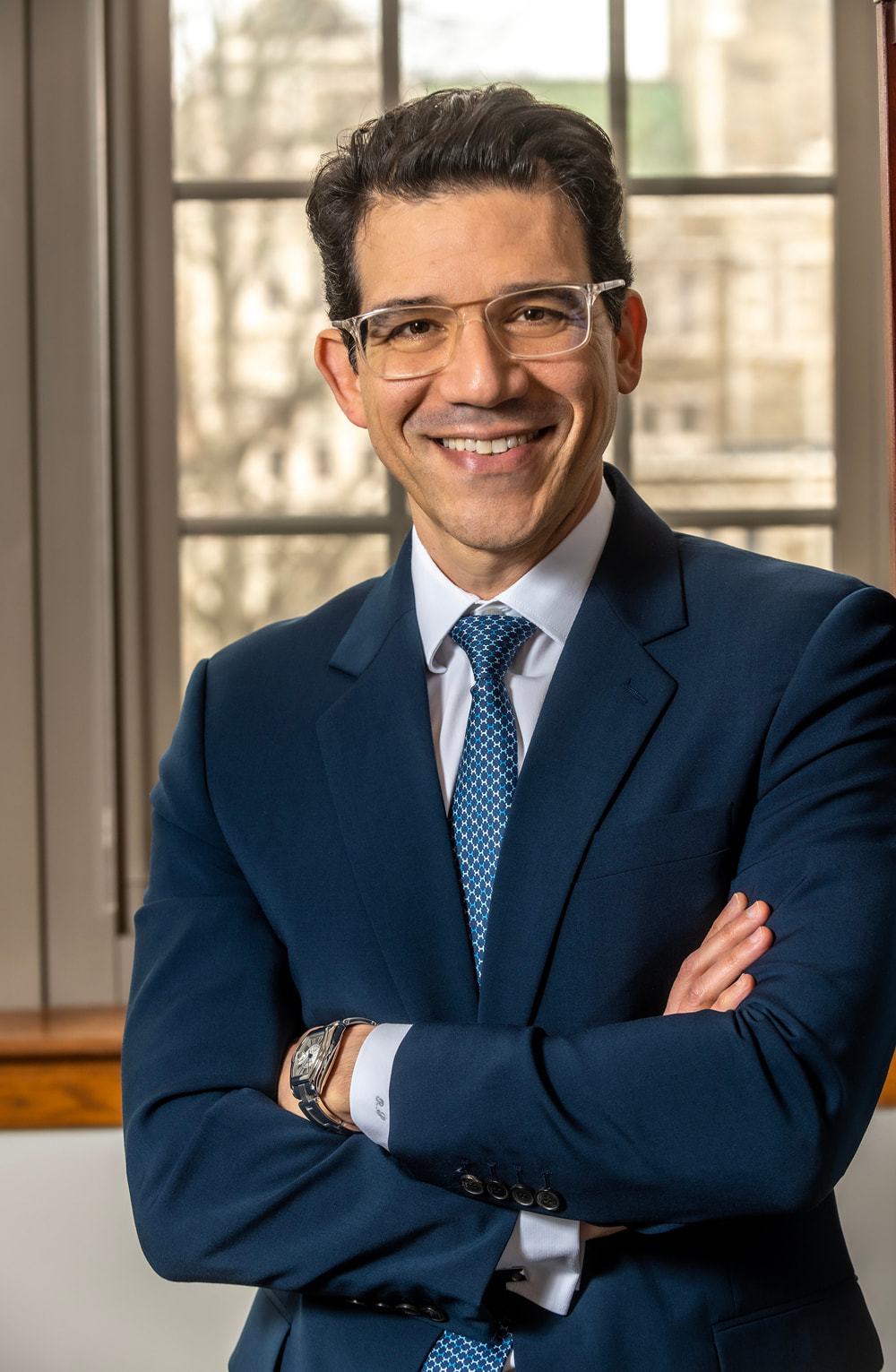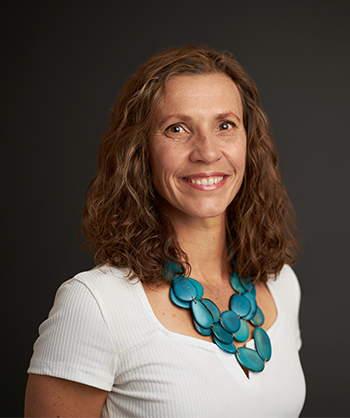Most popular majors
All the inspiration Carroll School of Management junior Jimmy O’Malley needed to study finance came from his parents and their entrepreneurial zeal—his father explored the restaurant business, painting, and then dog-walking, while his mother went from selling shoes online to running a private psychotherapy practice.
“Having watched my parents struggle to run their own businesses without formal accounting, finance, or marketing training, I entered Boston College hoping to get those skill sets,” he said. “Being able to help both of my parents in their respective businesses after getting more formal training in these fields has been a gratifying experience. As I looked toward my career, I knew I wanted to explore finance more, given the platform BC gave me—something neither of my parents had.”
O’Malley is among the 1,461 majors in finance, which again leads the list of BC’s most popular undergraduate fields of study. The other nine most-enrolled majors for the 2023-2024 academic year also remain unchanged from last year: economics (1,278), biology (816), political science (691), psychology (615), communication (567), computer science (556), nursing (429), neuroscience (417), and applied psychology and human development (380).
These and other data for the University’s 9,575 undergraduate day students and 5,119 graduate students were compiled during the fall 2023 semester by the Office of Institutional Research and Planning (IR&P) as part of its yearly compendium of facts and figures for administrators, faculty, staff, and students. Current and past editions of the Boston College Fact Book are accessible at bc.edu/factbook.
(Data for economics and computer science majors reflect enrollments in both the Morrissey College of Arts and Sciences and Carroll School of Management; as of 2023, the computer science major reflects enrollments in MCAS only.)

Haub Family Professor Ronnie Sadka, chair of the Finance Department. (Lee Pellegrini)
Finance also remains far and away the most popular undergraduate minor at BC, with 606 enrollees. The other top minors are marketing (298), management and leadership (285), Managing for Social Impact and the Public Good (204), philosophy (157), history (131), computer science (117), Global Public Health and the Common Good (106), English (105), and accounting for finance and consulting (104). Those enrollment figures do not include pre-dental, pre-law, pre-medical, or pre-veterinary programs of study.
BC administrators and faculty typically regard popular majors and related statistics as offering insights into BC students’ interests, motivations, and aspirations, and how these may evolve or remain constant over time. The data also provide a means to consider BC students’ academic and career interests among wider societal and generational trends: Studies in or related to business, nursing, psychology, biology, economics, computer science, communication, and political science tend to be highly enrolled throughout American higher education. However, say administrators and faculty, it’s instructive to view BC’s numbers in the context of a major national Jesuit, Catholic university and the students it attracts.
“While the increase in the numbers of finance majors and minors is consistent with an overall trend we observe across undergraduate programs in the country, there are a number of additional factors I believe significantly contribute to the success of the program,” said Haub Family Professor Ronnie Sadka, chair of the Finance Department.
“The department and school have invested significant efforts in hiring exceptional academic talent across ranks, further improving the quality of our teaching and research. The curriculum is consistently reviewed and adapted to account for new developments in financial markets as well as student feedback. Finally, we improved the accessibility of our classes to welcome students across the University.
“We are grateful to BC senior leadership for the opportunity to participate in the educational experience of the students and improve their attractiveness upon graduation.”
As a finance major, O’Malley opted to focus on investment banking and private equity, and spent a considerable amount of time beyond his classroom experience as a sophomore preparing for interviews. He will work this summer as an analyst at Blackstone. “I am extremely grateful for this opportunity, which would not have been possible without the incredible teachers, junior and senior mentors, and alumni who helped me navigate the process.”
Gratitude also is evident in 2018 alumna Gabrielle LeBlanc’s assessment of her experience as a BC finance major. More than a set of required courses, she said, the program is “a holistic approach to navigating the world of finance,” where “excellent faculty and a robust network of alumni” help guide students toward internship and career opportunities.
“The program is first-rate, and the curriculum taught me how to think critically in the world of business and finance,” said LeBlanc, a vice president in the equity capital markets group within the Barclays Investment Banking Division. “What truly differentiates finance at BC is the people, from the professors to the career advisors to the students. The individuals that you meet and work with in the classroom set you up for success over the long term.”

Tara Pisani Gareau, director of the Environmental Studies program and a professor of the practice in the Department of Earth and Environmental Sciences. (Lee Pellegrini)
Environmental Studies majors number far less—105—than those in finance, but the program has seen a 600 percent jump in enrollments since it was introduced as a major in 2014, the most such increase of any during the past decade. Professor of the Practice Tara Pisani Gareau, the program’s director, attributes its popularity to students’ concern about the multitude of environmental challenges, from violent storms and catastrophic wildfires to loss of freshwater resources and failing crop yields.
“When we ask graduating seniors their primary reason for choosing Environmental Studies, the most common answer is that they are passionate about solving these complex and existential environmental problems,” said Gareau. “This is a watershed moment in human history and the Environmental Studies program prepares students with the knowledge and skills to envision and enact positive and lasting solutions that sustain people and the planet.”
Environmental Studies majors also appreciate the program’s interdisciplinary curriculum, added Gareau, quoting a student who described environmental issues as going beyond science and policy to include sociology, politics, ecology, geology, and psychology—all of which interested the student.
“Shared purpose—to transform society to be ecologically regenerative, socially just, and economically secure—is Environmental Studies’ secret sauce that makes students, alumni, and faculty feel connected to one another and to something larger than themselves,” said Gareau. “Students value the diversity of meaningful experiences we provide or promote that shape their experience at BC and help them to discern a pathway for life after college.”

Carroll School Senior Associate Dean and MSI Interim Director Ethan Sullivan.
Managing for Social Impact has quickly become a popular minor since the program debuted in the fall of 2016: This year’s 204 enrollees are more than double the 97 MSI minors in 2020-2021. CSOM Senior Associate Dean for Undergraduates Ethan Sullivan, the MSI interim director, said MSI is a natural fit for undergraduates seeking to address compelling social justice issues; about half of the enrollees are CSOM students motivated by the school’s Portico program to explore topics such as economic disparity, sustainability, innovation, and ethics.
“It offers students a chance to blend elective courses—more than 200 of them—from throughout the University in really interesting combinations,” said Sullivan, who credits Carroll School Professor Emeritus Mary Cronin for conceiving MSI. “The ability to explore new options and design their own minor presents such appealing choices and a ton of freedom in the design.”
Undergraduates see MSI as a potential path to opportunities in non-profits and companies with social-impact missions, or jobs connected to a social-impact initiative such as a foundation for social responsibility within a bank or insurance company, according to Sullivan. Others may simply want to incorporate what they learned through MSI into their personal lives through participation in volunteer activities or local politics, perhaps with the eventual goal of a second job or career.
“Whether or not that always happens, we are helping to form great citizens with a mindset to solve problems,” he said.
